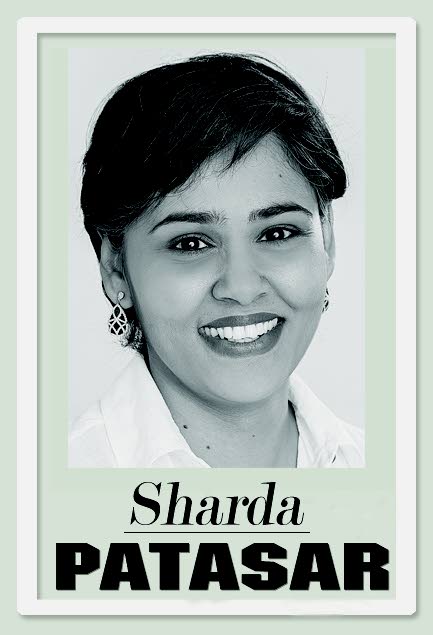In the midst of nothing

Standing in the middle of a hotel lobby in Delhi, India’s capital, the elderly, white, British artist exclaimed, “My God! Everyone’s rushing around but nothing’s happening!”
The exclamation comes at the precise moment that I was attempting to keep the little water that I had had that morning, in my stomach, and laughing wasn’t helping my efforts. He seemed almost affronted by this excessive non-productive movement. We both sat there – me, thinking, how on earth could I have allowed myself to get ill after warning everyone about the water and he, absorbing the feelings of being in this nothing space no doubt subconsciously already translating them into art. Cars passed by honking for no apparent reason except to my mind, as an indicator to other road users that they were approaching. They dodge past everyone – vegetable carts, cyclists, the milk man – as though there was an emergency on their back seats. This is the rhythm of the city – a manic pace with no particular destination. But this is only one version of the story. It is measured perhaps by our expectations of the first world big city. But this is not the first world although theoretically it can be counted in for the sake of an argument.
I shift my focus from India to Trinidad. Here on the island, we do not have the luxury of largeness. India’s space offers diversions – regional, cultural, historical, people, nature and the list goes on. Trinidad, in its small size, feels like Dr Seuss’ Waiting Place where there are:
“…people just waiting.
Waiting for a train to go
or a bus to come, or a plane to go
or the mail to come, or the rain to go
or the phone to ring, or the snow to snow
or the waiting around for a Yes or No
or waiting for their hair to grow.
Everyone is just waiting.” (Dr Seuss – Oh, The Places You’ll Go!)
Since I received it as a gift almost twelve years ago, I have travelled with this book, moving it into my various living spaces over the years. It is a staple on my shelf, a light-hearted reminder of the brains in my head and shoes on my feet.
This week I received an e-mail from a fellow columnist following last week’s column. In it, there’s an important point. There is reassurance that my boredom is valid because, “We do not process our historical experiences – flood or bad driving – into any change in the way we do or feel about things.”
Seuss led me to Samuel Beckett only because I see a similarity in their acknowledgement of darkness. Darkness is bound to descend on the traveller from time to time, waiting places that will be waited in, but short-lived because of the faith in the brains and the shoes that we carry. Beckett’s is much darker. Waiting becomes a depressing act. It is that space in this case, in which nothing happens and unlike Seuss’s it does not offer any motivation. There is a pull and tug between movement and non-movement, shadow acts in my mind’s eye.
Godot is a play that I have not revisited since my university days but like TS Eliot’s poetry, remains deeply embedded in my sound and visual memory. In both, there is the sound of silence in a wasteland – barren, stagnated, in a state of despondence. The two tramps on Beckett’s stage try to process their thoughts and feelings, only to cycle back to the question:
ESTRAGON: Well, shall we go?
VLADIMIR: Yes, let’s go.
They do not move.
I think of The Great Gatsby, a book, now a film with which many may be familiar. And there too, despite the excesses of wealth, the wasteland remains at the centre of the characters’ lives. Inside the noise of parties, there is silence, not meditative, but despondent. Perhaps my reading is inaccurate but in my sound imagination this empty silence is ever present and it is depressing. Nothing happens even when everything is happening. The tragic endings are fitting in a place where nothing happens.
I think of our space here, the sense of stagnation that we all feel right now. While I may tend to be somewhat of a doomsayer from time to time, I am also aware of the many small pockets in which change is being enacted through the efforts of dedicated individuals – from human rights organisations to religious institutions. I replied to my colleague and said that perhaps I am impatient and perhaps this sense of nothingness is part of the process. And perhaps I need to begin to see this space as an island in transition. Perhaps then, the waiting place won’t be that negative after all.

Comments
"In the midst of nothing"